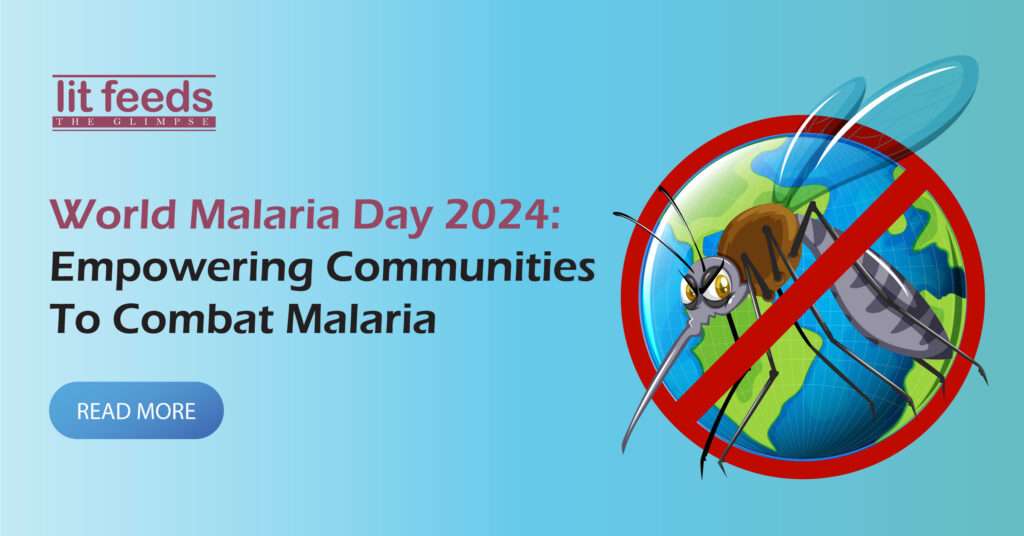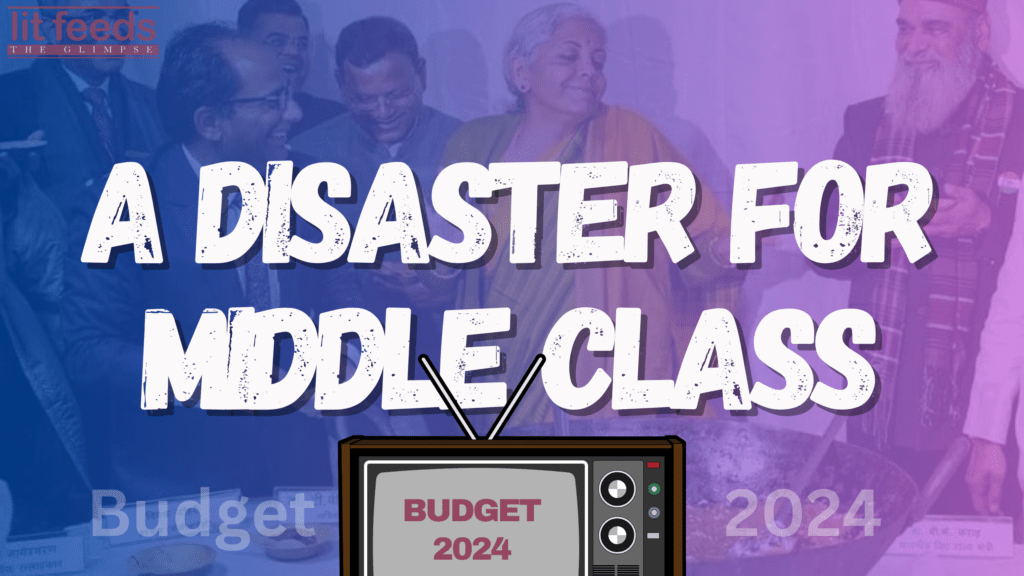“Empowering Communities to Combat Malaria”

History & Significance :
World Malaria Day was observed on April 25; (World Malaria Day 2024) to raise awareness of the deadly illness and to plan actions to reduce and ultimately eradicate it.
In areas where malaria is endemic, there are numerous efforts to raise public awareness of the disease and its effects on health as well as events to raise awareness of malaria, its causes, and ways to prevent it. These efforts include fund-raising campaigns, community-based events, and awareness campaigns. On the Global Malaria Day.
It was established in 2007 by the World Health Organization (WHO) to honor the progress made in the prevention, diagnosis, and treatment of malaria and to raise awareness of the global struggle to combat the illness.
We can recommit to eradicating this deadly disease and assess our progress in the fight against malaria on World Malaria Day 2024. It is a welcome reminder of the importance of continuous financing, collaboration, and creativity in achieving the eradication of malaria.
Every year, World Malaria Day has a distinct theme that focuses on a particular aspect of controlling and preventing malaria. The promotion of research and innovation in malaria control, addressing the social and economic drivers of malaria, and expanding access to interventions for prevention and treatment are some recurrent themes.
Why malaria is harmful and what causes it?
An infection of a particular kind of mosquito, which subsequently transmits the parasite to humans through bites, causes malaria, a dangerous and occasionally fatal disease. This genus includes the parasites that cause malaria.
Malaria often causes fever, chills, headaches, aches in the muscles, exhaustion, and vomiting. If not treated swiftly and effectively, it can result in severe complications such organ failure and even death.
For visitors to areas where malaria is common, preventive methods against the disease include using mosquito nets, insect repellents, and antimalarial drugs. Typically, antimalarial medications are used for treatment; the type of drug chosen depends on the severity of the sickness and the species of Plasmodium that is causing the infection.
Global Impact: Global efforts to combat malaria include the provision of bed nets sprayed with insecticide, research into vaccinations, and mosquito control techniques.
Even though the number of deaths from malaria has significantly decreased recently, there is still a serious public health concern, especially in sub-Saharan Africa.
Number of factors contribute to malaria’s potential for death, chief among them its capacity to result in serious complications, especially when untreated or in cases when the afflicted person lacks access to adequate medical care.
Try ModCode Wellness Advisor for absolutely free
Malaria can be lethal for the following main reasons:
Malaria parasites can occasionally cause cerebral malaria by infecting the brain’s blood vessels. If left untreated, this illness can cause brain enlargement, convulsions, coma, and eventually death.
Critical organs like the kidneys, liver, and lungs may malfunction as a result of severe malaria. If not properly controlled, this can lead to multiple organ failure, which frequently results in death.
- Problems in Pregnant Women and Children: Serious malaria is especially dangerous for pregnant women and small children.
- Malaria during pregnancy can result in low birth weight, stillbirth, or miscarriage, all of which raise the risk of death for both the mother and the child. Malaria in children can spread quickly to more severe types, particularly if they have not yet developed immunity
- Postponing the diagnosis and treatment of malaria can increase the risk of complications and mortality by allowing the infection to spread to more severe stages. This is particularly common in areas with limited access to healthcare services or low rates of malaria diagnosis.
- When antimalarial medications, especially older ones like chloroquine, develop resistance, treatment becomes ineffective and the infection continues to grow.
- Severe malaria and its sequelae are more likely to strike those whose immune systems have been compromised by HIV/AIDS or malnourishment.
- HIV/AIDS, TB, and viral hepatitis are among the illnesses that can coexist with malaria, complicating treatment and raising the risk of death.
Conclusion :
All things considered, the kind of malaria parasite, the immune system of the individual, the availability of healthcare, and the promptness of diagnosis and treatment all affect how severe the disease is and how deadly it can be. In order to lower the death rate related to malaria, effective prevention, timely diagnosis, and suitable treatment are crucial.
This World Malaria Day (2024), we come together under the heading of “Empowering Communities to Combat Malaria” This topic emphasizes the urgent need to address the severe inequalities that still exist in access to services for malaria prevention, detection, and treatment. This is in line with this year’s World Health Day theme, “My Health, My Right.”
Global attempts to curb malaria have stalled in recent years, endangering public health and widening social disparities. Everyone has the right to timely, effective, and reasonably priced treatment for malaria; but, numerous individuals still struggle to access these services, which feeds a cycle of injustice that disproportionately impacts the weakest members of society.
On this World Malaria Day 2024, let’s do everything in our power to end this deadly illness.
Here are the following
- Let’s together First Empower the local communities and create clear awareness on this fatal disease causes and prevention
- We try and “Speed up the battle against malaria for a more equal globe” by :
- Firstly encouraging people to get primary health care close to where they stay
- Integrating some serious measures to prevent malaria into universal health care
- Resolving all the elements that actually raise the risk of causing malaria.
- Eliminating stigma and discrimination
- Participating in community decision-making around health
- Encouraging people to get primary healthcare close to where they live and work.
To sum up, let’s decide to join forces to fight malaria more quickly, strengthen local communities, eradicate the illness, build alliances, and put some evidence-based plans into practice in order to build a more just society where no one is left behind in the pursuit of eradicating the disease.

















Pingback: Benefits of Cutting Down Sugar Intake: - LitFeeds
Pingback: Rise of Ulcer Among Young People: Diagnosis & Treatment LitFeeds -
Pingback: Staying Cool, Stay Hydrated: Summer Time Survival Tips - LitFeeds